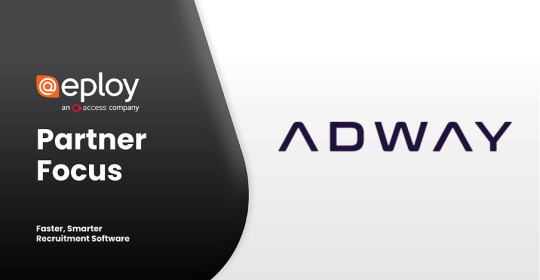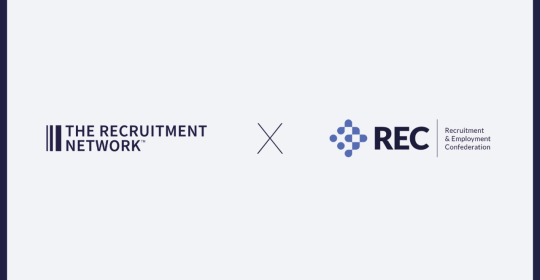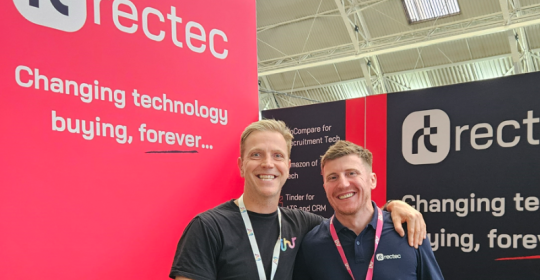Today, Dianah Worman, diversity adviser for the CIPD, the professional body for HR and people development, joined the Prime Minister and a number of senior business representatives for an exclusive event at 10 Downing Street to discuss how organisations can spread opportunity and champion diversity in the workplace.
The roundtable event was led by the Prime Minister and focused on recruitment practices, progression and retention as well as senior representation, including at board level. A key point in the discussion focused on the potential for organisations to adopt a system of ‘name-blind’ recruitment, in which a candidate’s gender and ethnicity is not revealed to avoid potential bias and encourage employers to consider candidates on the strength of their experience and potential only.
The CIPD’s Dianah Worman, who has worked in the diversity field for over 25 years and been awarded an OBE for her services to diversity, commented:
“It was hugely encouraging to see the commitment from government, business and other organisations to end discrimination at work. Initiatives like name-blind recruitment are an important step in helping to remove areas of potential bias in the selection process, and it was very positive to see how many organisation are ready to embrace this. To support this, the CIPD will be actively promoting the benefits of name-blind recruitment to its membership and will be working towards embedding this as standard through its training and development courses. This is an important part of encouraging and building more diverse workforces for the future, and we look forward to broadening the diversity debate with the Government and organisations.”
Other attendees at the roundtable event included Managing Director of Deloitte, David Barnes; Head of HR at HSBC, Tanuj Kapilashrami; CEO of the Civil Service, John Manzoni; CEO of NHS England, Simon Stevens; Partner & Head of Corporate Affairs at KPMG, Marianne Fallon; and BBC’s Director of Strategy and Digital, James Purnell. Together, these organisations are responsible for employing over 1.8 million people in the UK and they have all pledged to operate recruitment on a ‘name blind’ basis in order to address discrimination.
The benefits of anonymous CVs were highlighted in the CIPD’s recent report - A head for hiring: The behavioural science of recruitment and selection. The report also considers other areas of the recruitment and selection process where bias can creep in and urges organisations to take a more conclusive, evidence-based approach to recruitment.
Worman continued:
“Tackling unconscious bias makes good business sense to ensure that organisations don't miss out on talent, and individuals get the opportunity they need to get into and on at work. We certainly welcome the efforts that are being made with the key groups that are being addressed in today's pledge, but there's potential for name blind applications to be used much more widely. Apprenticeships is another area where this can and should be applied, for example. And why stop at names? Organisations can choose to remove ages from CVs as well. They can also review job adverts to ensure the language is inclusive and that they attract diverse talent before they even reach the point or reviewing CVs. If people have the skills, the potential and the right attitude to work then they should be given every chance to succeed, regardless of their individual characteristics.”






